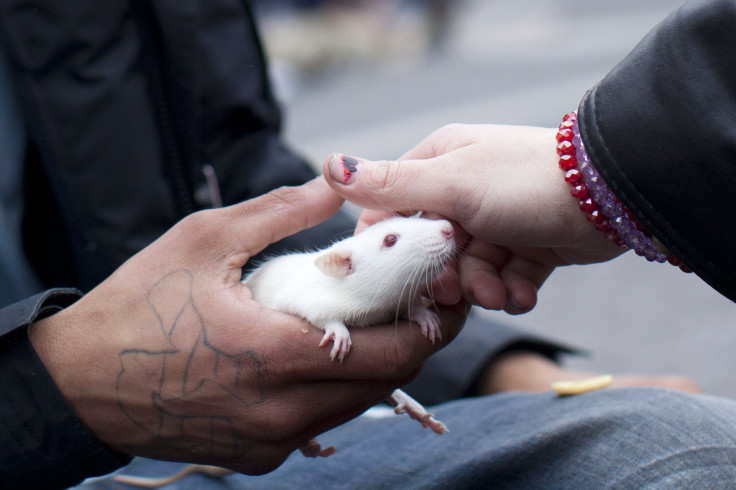How Does Disease Spread? NYC Rats Spreading Deadly Rare Bacterial Infection With Urine

An outbreak of the deadly bacterial infection leptospirosis was linked to rat urine found outside of a New York City apartment complex Thursday, after three people living in the building contracted the rare disease in recent months and one had died from the sickness.
There have only been 26 cases of leptospirosis in New York City since 2006 and typically no more than one to three cases are reported annually across the city’s five boroughs. The infection was curable with treatment and antibiotics, though symptoms included "kidney damage, meningitis (inflammation of the membrane around the brain and spinal cord), liver failure, respiratory distress, and even death" if left untreated, according to the Centers for Disease Control and Prevention.
The situation of leptospirosis present in my district is unacceptable, and I will be working in my capacity at City Hall to find solutions pic.twitter.com/vGCuKDhUss
— Rafael Salamanca, Jr (@Salamancajr80) February 16, 2017
Ved Parkash is an unscrupulous landlord who's putting tenants at risk of contracting #leptospirosis. He won't get away with this any longer pic.twitter.com/9ZD07FT3uj
— Tish James (@TishJames) February 16, 2017
Infections and disease have typically been spread through the direct transfer of bacteria, germs and other viruses capable of living on skin and surfaces for a sustained period of time. Though most human diseases are transferred by close contact with other people, animals were also occasionally capable of spreading certain illnesses and have been linked to the emergence of global epidemics like Ebola, which has killed more than 11,000 people in Liberia, Guinea, Sierra Leone, Nigeria, the United States and Mali.
Because of leptospirosis' rarity, and the fact its immediate symptoms – headache, fever, red eyes, muscle aches and a rash, among other various signs – typically can be attributed to less dangerous diseases, most people were not typically aware they were suffering from the infection until hospitalization. Infected people have typically experienced sickness anywhere from two days to four weeks after initial contraction.
It was unclear if anyone else has contracted leptospirosis in connection to the outbreak in the Bronx apartment complex. Two of the three victims contracted the infection in December 2016 and the third was diagnosed in February.
Leptospirosis has usually been spread to humans through an infected animal’s urine. It was capable of living in water and soil for months on end. Rodents, dogs and wild animals were are able to carry the infection. It was even rarer for humans to spread the sickness to each other.
New York City's health department was reportedly actively working to remove any remaining urine samples or risks for infection located throughout the building. The department suggested avoiding all contact with rats and areas where they’re located, as well as cleaning any household areas where rats may have crossed with bleach and using rubber gloves.
© Copyright IBTimes 2024. All rights reserved.





















